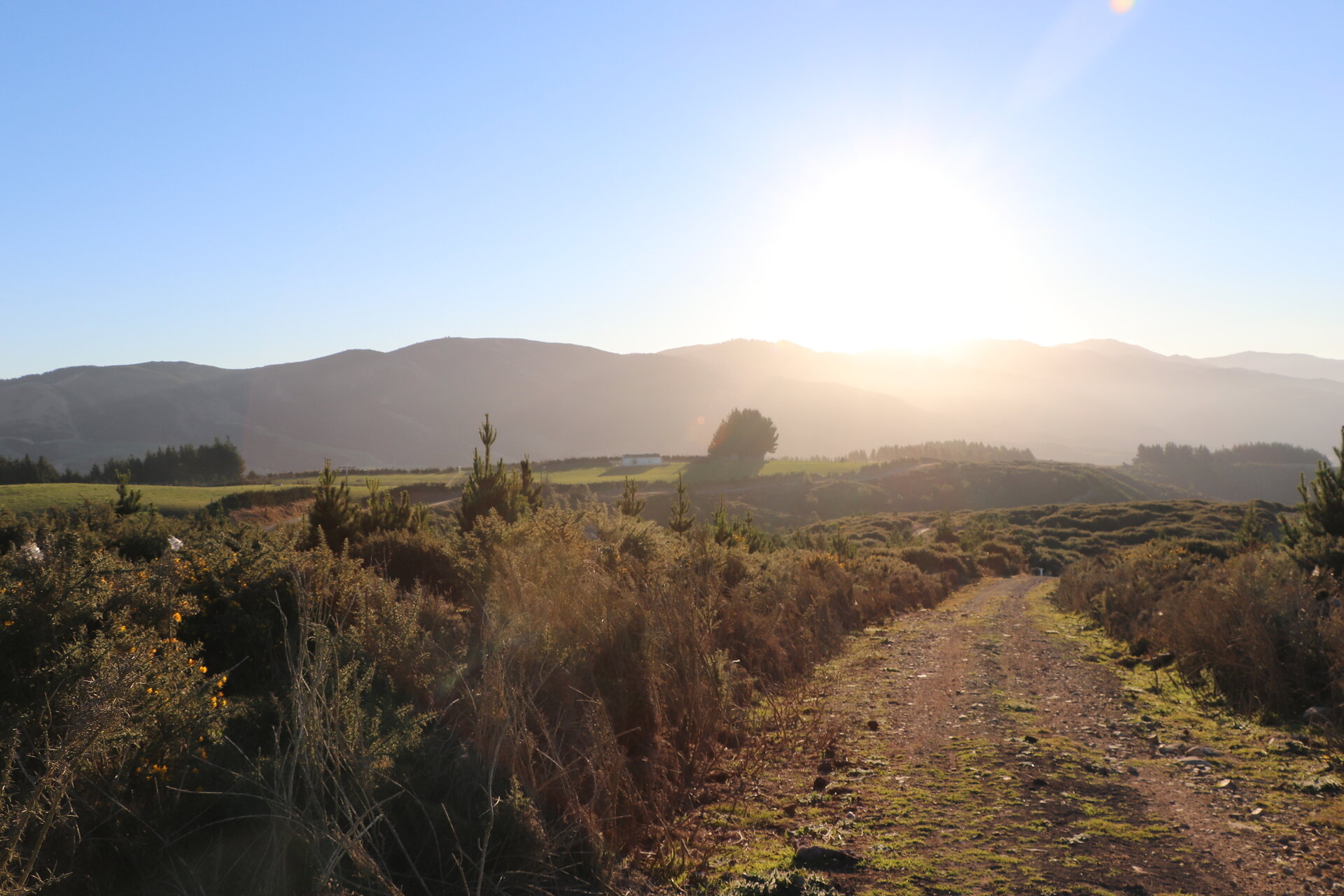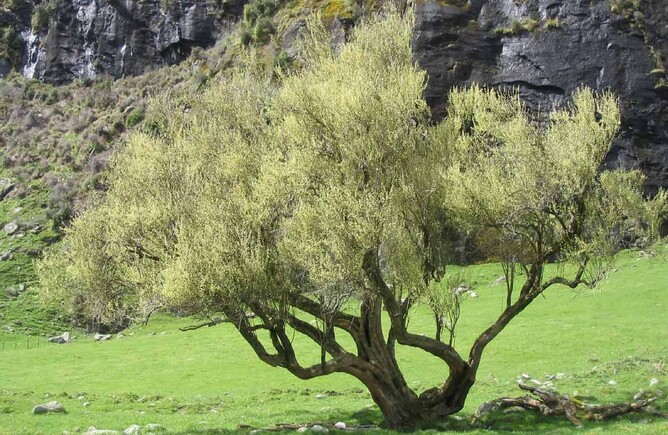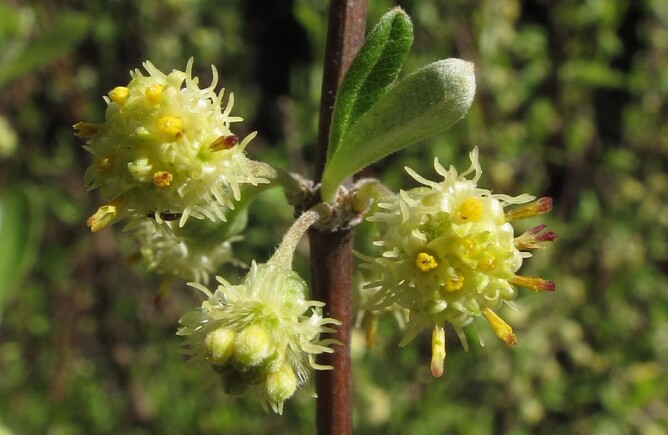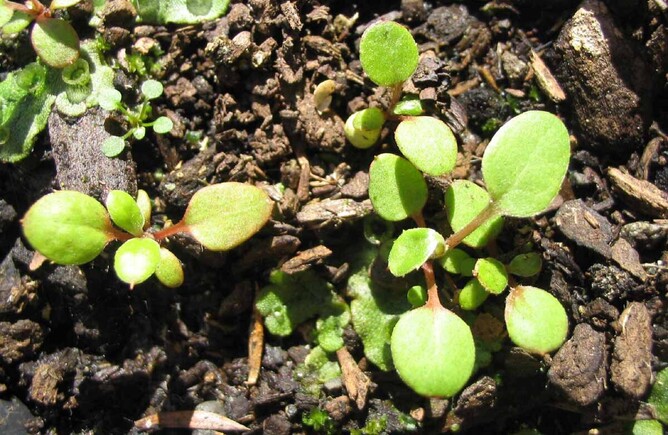We are thrilled to share that the Department of Conservation is giving our Ecosanctuary 200 seedlings of Olearia hectorii (Hectors tree daisy) to plant as part of our native regeneration and planting plans.
You can find more information below courtesy of DOC on Olearia hectorii (Hectors tree daisy)
Olearia hectorii is one of a very small group of New Zealand trees that are deciduous. Most of our trees and shrubs are evergreen.
Olearia hectorii is found only in the South Island and the total population thought to be around 4,500 individuals. Very few of these occur on protected or conservation land, but on private property.
Landowners, therefore, have an important role to play in the future of the species, both in being able to recognise the species and take an interest in its welfare and survival.
Its threat ranking is 'Nationally Endangered', mainly due to loss of habitat. This is especially the case in areas where older Hectors tree daisy specimens still exist, but are unable to regenerate. This is usually because of a lack of bare ground around them where seeds can germinate and emerge without competition from weeds or pasture plants.
Description
Olearia hectorii or Hectors tree daisy is deciduous, up to 9.5m tall, with deeply furrowed, cork-like bark on the trunk and older branches.
Young branches and branchlets are smooth-barked and bronze-red with four ribs that produce a squarish cross-section.
Leaves are arranged in clusters of opposite pairs. They're a pale moss-green colour and roughly oval in shape. Flowers are in clusters of two to six, any time between October to early December, and can begin before the new leaves appear.
Thank you to the Department of Conservation for the images and text - and for the donation of the seedlings towards the vision of our Trust.



